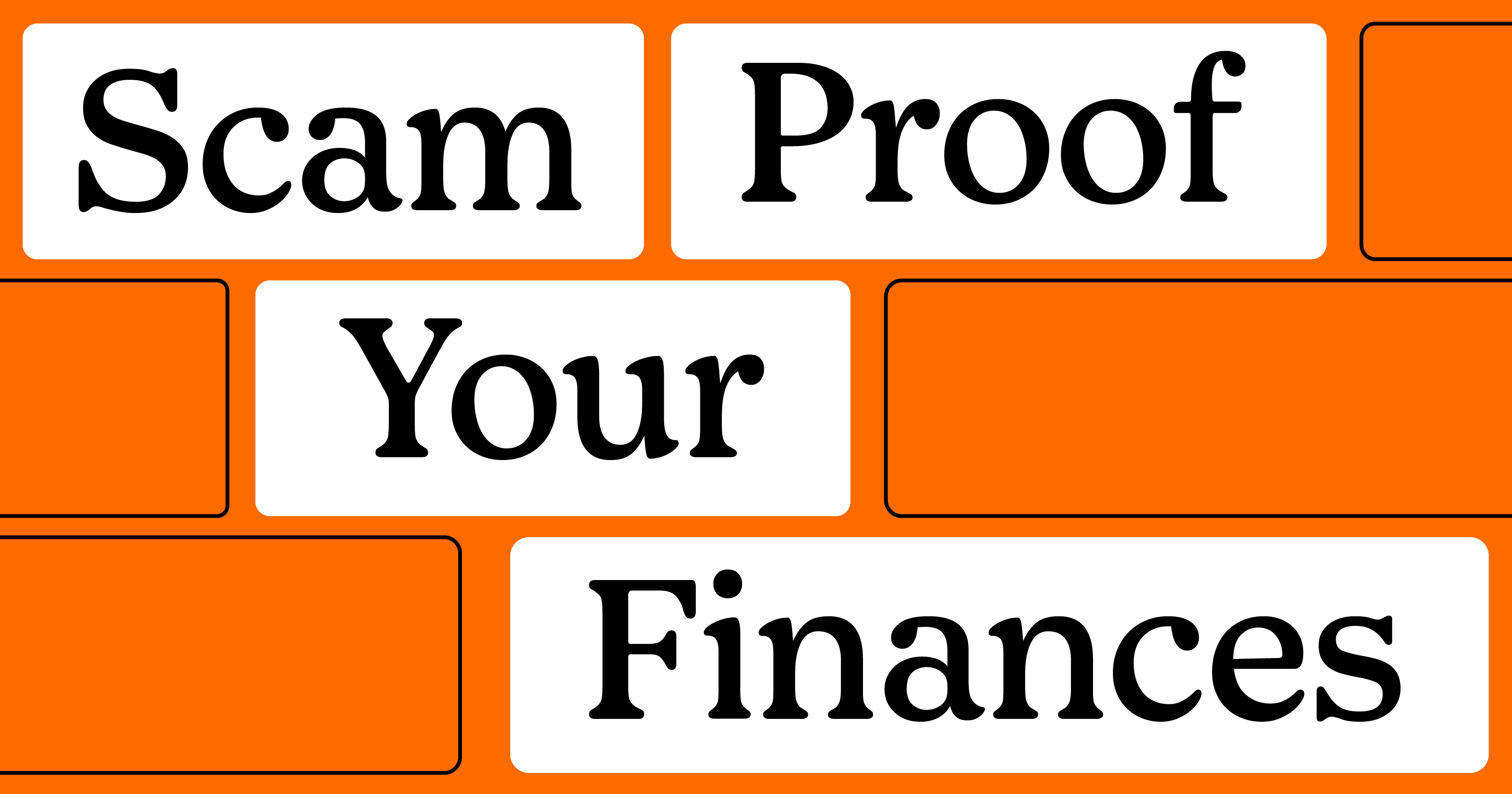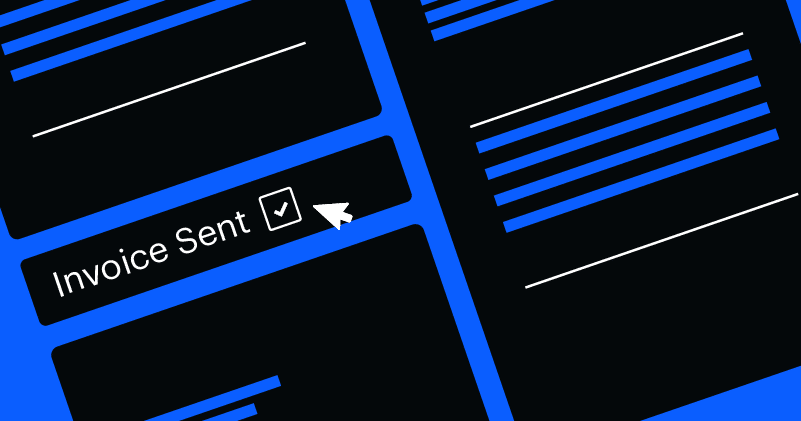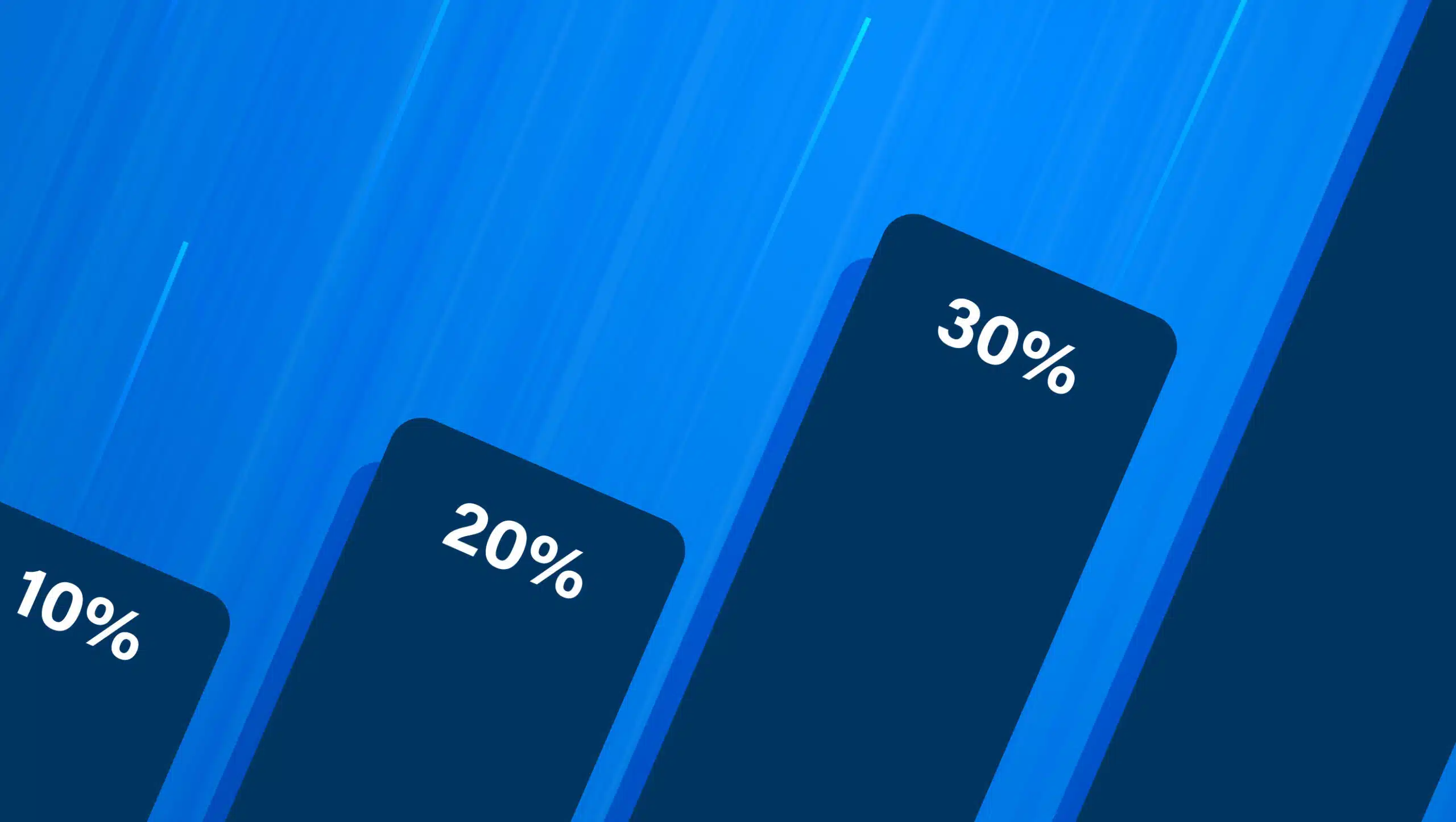When James woke up to multiple notifications on his phone he knew something was wrong. He was a POS merchant and his mornings were quiet before he went in to open his office. Today, that peace was shattered by the constant blinking from his phone. He rolled over with sleepy eyes to check his phone and his eyes widened in fright immediately. His account had been compromised. Someone who had access to the email address he used to register his POS terminal, requested a password change and began to make transfers from his account. Alarmed, he had rushed down to the banking hall to make a complaint. His voice was loud and bitter as staff tried to calm him down and get him to fill out a complaint form.
Sitting across from James in the customer service section and listening to his story with rapt attention. I reflected on how everyday, we see an increase in cases like this where business owners and POS merchants responsible for providing access to finance are defrauded by scammers.
According to the Nigeria Inter-Bank Settlement System Plc (NIBSS), in the first nine months of 2020, fraudsters attempted 46,126 attacks, and they were successful on 41,979 occasions, 91 %of the time. These numbers were largely driven by the occurrence of the Covid-19 pandemic as more businesses moved payments online. With Nigeria’s continued push for a primarily cashless economy, more businesses will make the shift to digital payments and stories like that of John are likely to become more common. That’s why I have put together a guide to common methods employed by scammers and a list of tips you can implement to keep your money safe
How do Scammers target you?
Scammers target you with a variety of methods all calculated to make you fearful or curious. Their aim is to access your security information (pin or password), identity or money.
Here are some ways you may be targeted by scammers
Phishing scams- This is where fraudsters create fake websites or apps that look like legitimate financial apps or websites to trick you into giving them your personal and financial information. They might send you an email or message with a link to the fake site, asking you to log in with your username and password. Once you enter your details, they can steal your information and use it for fraudulent activities.
Impersonating a bank official or customer service representative:-This is when fraudsters trick you into giving them your personal or financial information by pretending to be a bank official or customer service representative of a financial institution you use.
Malware: This is when fraudsters use software to infect your device and steal your personal and financial information. This can happen when you download a file from a harmful website or connect to public Wifi.
How to stay safe
Scammers count on you being afraid, impatient or greedy. Here’s how you can stay one step ahead of scammers and keep your money safe.
Use only official websites and apps- Always verify that you are using the official website or app of your financial institution. Double-check the web address, and look for security indicators (such as a lock icon in the browser address bar)
Sign up for services with your email address- Ensure that you sign up for financial services or apps with your own email address. Do not allow someone else to complete this process with their own email address as this may give them access to sensitive information related to your account.
Use strong passwords for your financial apps- A strong password should be unique and difficult to guess. It should include a combination of upper and lower case letters, numbers, and special characters e.g 1076%$ABQ
Avoid using obvious information such as your name, birth date, or phone number. Consider using a password manager to help you create and manage strong passwords.
Only download trusted apps- Only download apps from the official app store, and check for the legitimacy of the app and the developer. Look for reviews and ratings, and research the company before downloading the app.
Always verify requests for information- Be cautious of unexpected or unsolicited requests for information or assistance, especially if they seem urgent or suspicious. Always verify the identity of the person or organization before sharing any personal or financial details.
Protect your device- To prevent malware attacks, keep your software and operating system up-to-date, use antivirus software, and avoid clicking on suspicious links or downloading unknown files.
Use trusted networks- Only use trusted networks to access your financial apps. Avoid using public Wi-Fi or any network that you are not familiar with
Report suspicious activity: If you notice any suspicious activity or unauthorized transactions, report them to your financial institution immediately. They will be able to investigate and take action to protect your account.




